Health & Fitness › Weight Loss › Weight Loss - The Truth
Being overweight is a fairly common condition in these modern times, especially where food supplies are plentiful and lifestyles are sedentary. As much as 64% of the United States adult population is considered either overweight or obese, and this percentage has increased over the last four decades. Excess weight has reached epidemic proportions globally, with more than 1 billion adults being either overweight or obese. Increases have been observed across all age groups.
Being overweight is generally caused by the intake of more calories (by eating) than are expended by the body (by exercise and everyday living). Factors which may contribute to this imbalance include:
• Limited physical exercise and sedentary lifestyle
• Overeating
• Poor nutrition
• Genetic predisposition
• Hormonal imbalances (e.g. hypothyroidism)
• Metabolic disorders, which could be caused by repeated attempts to lose weight by weight cycling,
• Eating disorders (such as binge eating)
• Alcoholism
• Stress
• Insufficient or poor-quality sleep
Hypnosis when used to help most of these problems, can have the knock on effect of permanent weight loss.
Therapeutic weight loss, in individuals who are overweight or obese, can decrease the likelihood of developing diseases such as diabetes, heart disease, high blood pressure, stroke, osteoarthritis, and certain types of cancer.
Weight loss occurs when an individual is in a state of negative energy balance. When the human body is spending more energy in work and heat than it is gaining from food or other nutritional supplements, it will use stored reserves of fat or muscle.
Although weight loss may involve loss of fat, muscle or fluid, weight loss for the purposes of maintaining health should aim to lose fat while conserving muscle and fluid.
While the negative health outcomes associated with obesity are accepted within the medical community, the health implications of the overweight category are more controversial. The generally accepted view is that being overweight causes similar health problems as obesity, just to a lesser degree. Adams et al. estimated that the risk of death increases by 20 to 40 percent among overweight persons. The Framingham Heart Study found that being overweight at age 40years reduced your life expectancy by three years.
Being overweight has been identified as a cause of cancer, and is projected to overtake smoking as the primary cause of cancer in developed countries as cases of cancer linked to smoking dwindle.
Psychological well-being is also at risk in the overweight individual. Discrimination against fat persons is common socially and legally. This may affect their ability to find a partner or obtain employment.
Despite the widespread availability of nutritional information in schools, doctors' offices, and on product packaging, it is evident that overeating remains a substantial problem. In the period of 1971-2000, obesity rates in the United States increased from 14.5% to 30.9%. During the same time period, an increase occurred in the average amount of calories consumed. For women, the average increase was 335 calories per day (1542 calories in 1971 and 1877 calories in 2004), for men the average increase was 168 calories per day (2450 calories in 1971 and 2618 calories in 2004). Most of these extra calories came from an increase in carbohydrate consumption rather than an increase in fat consumption.
The primary sources of these extra carbohydrates are sweetened drinks, which now accounts for almost 25 percent of daily calories in young adults. Dietary trends have changed with reliance on energy-dense fast-food meals tripling between 1977 and 1995, and calorie intake from fast food quadrupling over the same period. In the early 1980s in the US, regulations were lifted that limited the advertising of sweets and fast food to children. The advertisements of these products being directed at children has therefore increased. Agricultural policy and techniques in the United States and Europe have led to lower food prices. In the United States, subsidization of corn, soy, wheat, and rice through the U.S. farm bill has made the main sources of processed food relatively cheap compared to fruits and vegetables.
There is a common misconception that obese people eat little and still gain weight due to a low metabolism. There is however no support for this idea. What has been found however is that obese people underreport how much food they consume to a greater extent then those people of a normal weight.
It is not uncommon for people who are already at a medically healthy weight to intentionally lose weight. In some cases it is with the goal of improving athletic performance or to meet weight classifications in a sport. In other cases, the goal is to attain a more attractively shaped body. Being underweight is associated with health risks such as difficulty fighting off infection, osteoporosis, decreased muscle strength, trouble regulating body temperature and even increased risk of death.
A crash diet is where a person willfully restricts themselves of all nourishment (except water) for more than 12 hours. The desired result is to have the body burn fat for energy with the goal of losing a significant amount of weight in a short time. Crash dieting is not the same as flexible intermittent fasting, where dieters fast for 2 days each week and calories are cycled. Generally the weight lost in a crash diet returns when normal eating resumes. It is far healthier and more successful in the long run to make many small permanent changes to your lifestyle that all contribute towards of the goal of achieving a natural healthy weight. Hypnosis can help you make these permanent changes which will have the effect of permanent weight loss, but it cannot magically remove the weight for you!
Jon Rhodes is a well respected UK clinical hypnotherapist. More details of his online weight loss hypnosis sessions and award winning hypnosis website.

Being overweight is generally caused by the intake of more calories (by eating) than are expended by the body (by exercise and everyday living). Factors which may contribute to this imbalance include:
• Limited physical exercise and sedentary lifestyle
• Overeating
• Poor nutrition
• Genetic predisposition
• Hormonal imbalances (e.g. hypothyroidism)
• Metabolic disorders, which could be caused by repeated attempts to lose weight by weight cycling,
• Eating disorders (such as binge eating)
• Alcoholism
• Stress
• Insufficient or poor-quality sleep
Hypnosis when used to help most of these problems, can have the knock on effect of permanent weight loss.
Therapeutic weight loss, in individuals who are overweight or obese, can decrease the likelihood of developing diseases such as diabetes, heart disease, high blood pressure, stroke, osteoarthritis, and certain types of cancer.
Weight loss occurs when an individual is in a state of negative energy balance. When the human body is spending more energy in work and heat than it is gaining from food or other nutritional supplements, it will use stored reserves of fat or muscle.
Although weight loss may involve loss of fat, muscle or fluid, weight loss for the purposes of maintaining health should aim to lose fat while conserving muscle and fluid.
While the negative health outcomes associated with obesity are accepted within the medical community, the health implications of the overweight category are more controversial. The generally accepted view is that being overweight causes similar health problems as obesity, just to a lesser degree. Adams et al. estimated that the risk of death increases by 20 to 40 percent among overweight persons. The Framingham Heart Study found that being overweight at age 40years reduced your life expectancy by three years.
Being overweight has been identified as a cause of cancer, and is projected to overtake smoking as the primary cause of cancer in developed countries as cases of cancer linked to smoking dwindle.
Psychological well-being is also at risk in the overweight individual. Discrimination against fat persons is common socially and legally. This may affect their ability to find a partner or obtain employment.
Despite the widespread availability of nutritional information in schools, doctors' offices, and on product packaging, it is evident that overeating remains a substantial problem. In the period of 1971-2000, obesity rates in the United States increased from 14.5% to 30.9%. During the same time period, an increase occurred in the average amount of calories consumed. For women, the average increase was 335 calories per day (1542 calories in 1971 and 1877 calories in 2004), for men the average increase was 168 calories per day (2450 calories in 1971 and 2618 calories in 2004). Most of these extra calories came from an increase in carbohydrate consumption rather than an increase in fat consumption.
The primary sources of these extra carbohydrates are sweetened drinks, which now accounts for almost 25 percent of daily calories in young adults. Dietary trends have changed with reliance on energy-dense fast-food meals tripling between 1977 and 1995, and calorie intake from fast food quadrupling over the same period. In the early 1980s in the US, regulations were lifted that limited the advertising of sweets and fast food to children. The advertisements of these products being directed at children has therefore increased. Agricultural policy and techniques in the United States and Europe have led to lower food prices. In the United States, subsidization of corn, soy, wheat, and rice through the U.S. farm bill has made the main sources of processed food relatively cheap compared to fruits and vegetables.
There is a common misconception that obese people eat little and still gain weight due to a low metabolism. There is however no support for this idea. What has been found however is that obese people underreport how much food they consume to a greater extent then those people of a normal weight.
It is not uncommon for people who are already at a medically healthy weight to intentionally lose weight. In some cases it is with the goal of improving athletic performance or to meet weight classifications in a sport. In other cases, the goal is to attain a more attractively shaped body. Being underweight is associated with health risks such as difficulty fighting off infection, osteoporosis, decreased muscle strength, trouble regulating body temperature and even increased risk of death.
A crash diet is where a person willfully restricts themselves of all nourishment (except water) for more than 12 hours. The desired result is to have the body burn fat for energy with the goal of losing a significant amount of weight in a short time. Crash dieting is not the same as flexible intermittent fasting, where dieters fast for 2 days each week and calories are cycled. Generally the weight lost in a crash diet returns when normal eating resumes. It is far healthier and more successful in the long run to make many small permanent changes to your lifestyle that all contribute towards of the goal of achieving a natural healthy weight. Hypnosis can help you make these permanent changes which will have the effect of permanent weight loss, but it cannot magically remove the weight for you!
Jon Rhodes is a well respected UK clinical hypnotherapist. More details of his online weight loss hypnosis sessions and award winning hypnosis website.
Article By: Jon Rhodes
How Vital Water Is For Your Weight Loss Management
When's The Time To Hire A Fitness Coach Los Angeles
Say No To Crash Diet, Don't Let Your Health Crash Down!
Bariatric Select – Mexico Weight Loss Surgery
QUICKLY LOSE WEIGHT BY FOLLOWING GINGER BASED DIET
Lose Weight and Look Great with Easy Weight Loss
A Cup and Saucer Everyday to Get Rid Of Those Extra Calories
Most Read
New Articles
Most Viewed
Most Downloads
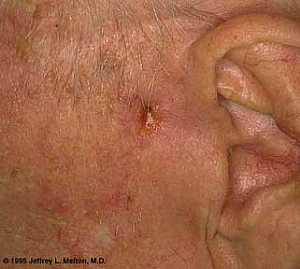 Basal Cell Carcinoma ("Rodent Ulcer" Type)
Basal Cell Carcinoma ("Rodent Ulcer" Type)
 Basal Cell Carcinoma (Histology-Morpheaform Type)
Basal Cell Carcinoma (Histology-Morpheaform Type)
 Basal Cell Carcinoma (Histology-Nodular Type - High power)
Basal Cell Carcinoma (Histology-Nodular Type - High power)
 Basal Cell Carcinoma (Histology-Nodular Type- High power)
Basal Cell Carcinoma (Histology-Nodular Type- High power)
 Skin
Skin
 Nervous System -- Basic
Nervous System -- Basic
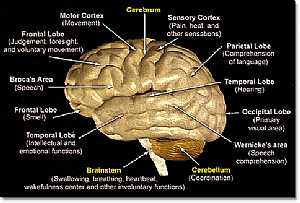 Brain anatomy
Brain anatomy
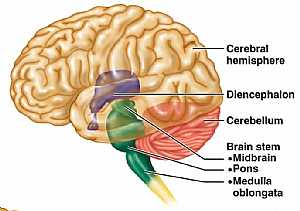 Brain anatomy
Brain anatomy
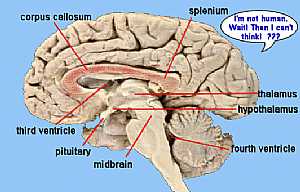 Brain anatomy
Brain anatomy
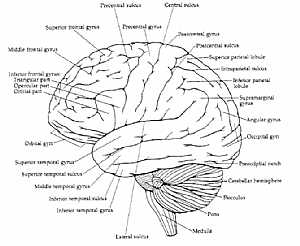 Brain anatomy
Brain anatomy
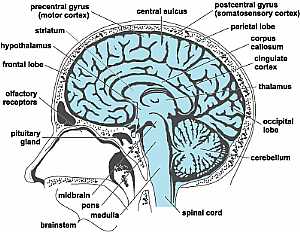 Head anatomy
Head anatomy
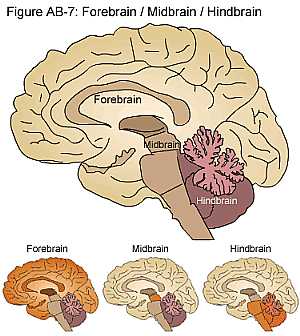 Brain anatomy
Brain anatomy
eDoctorOnline.com does not provide medical advice, diagnosis or treatment.
© Copyright 2001-2022 eDoctorOnline.com
© Copyright 2001-2022 eDoctorOnline.com

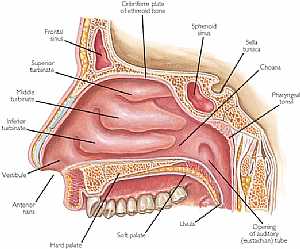 Nose anatomy
Nose anatomy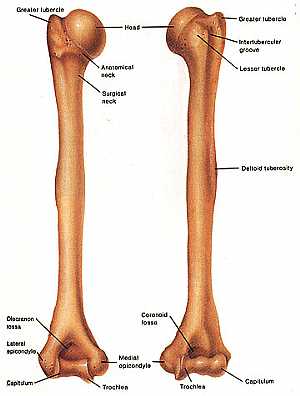 Humerus bone
Humerus bone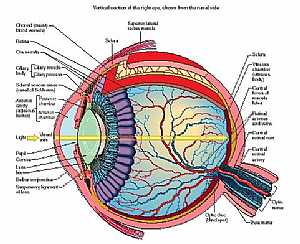 Eye anatomy
Eye anatomy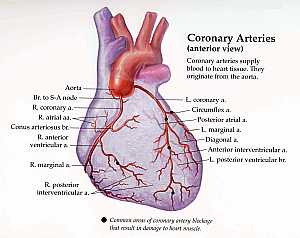 Coronary arteries anatomy
Coronary arteries anatomy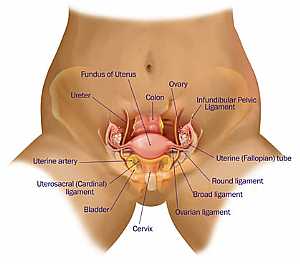 Female pelvic anatomy
Female pelvic anatomy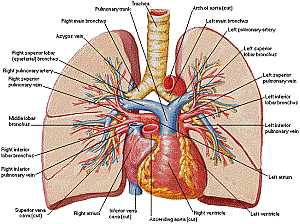 Heart and lung anatomy
Heart and lung anatomy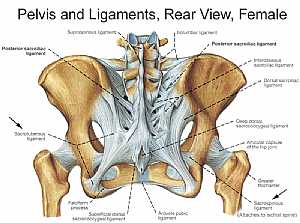 Bones and ligaments of the FEMALE Pelvis
Bones and ligaments of the FEMALE Pelvis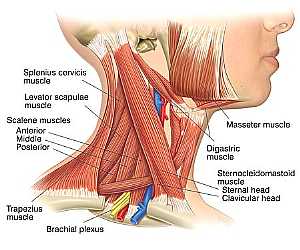 Neck Anatomy
Neck Anatomy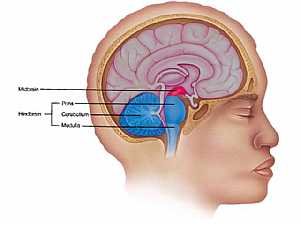 MidBrain anatomy
MidBrain anatomy Oral Cavity
Oral Cavity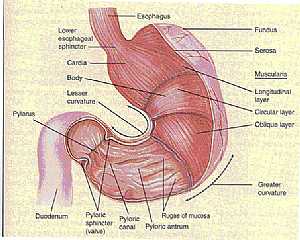 Stomach anatomy
Stomach anatomy Lung anatomy
Lung anatomy Basal Cell Carcinoma ("Rodent Ulcer" Type)
Basal Cell Carcinoma ("Rodent Ulcer" Type) Basal Cell Carcinoma (Histology-Morpheaform Type)
Basal Cell Carcinoma (Histology-Morpheaform Type) Basal Cell Carcinoma (Histology-Nodular Type - High power)
Basal Cell Carcinoma (Histology-Nodular Type - High power) Basal Cell Carcinoma (Histology-Nodular Type- High power)
Basal Cell Carcinoma (Histology-Nodular Type- High power) Skin
Skin Nervous System -- Basic
Nervous System -- Basic Brain anatomy
Brain anatomy Brain anatomy
Brain anatomy Brain anatomy
Brain anatomy Brain anatomy
Brain anatomy Head anatomy
Head anatomy Brain anatomy
Brain anatomy
Be the first one to comment on this article!